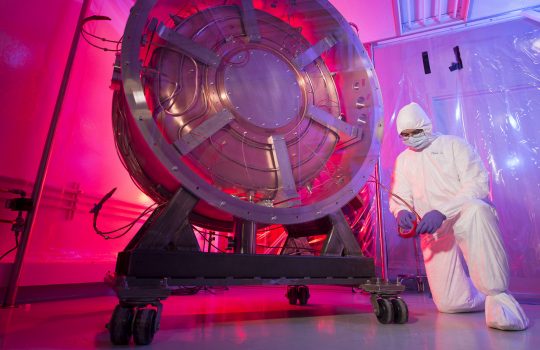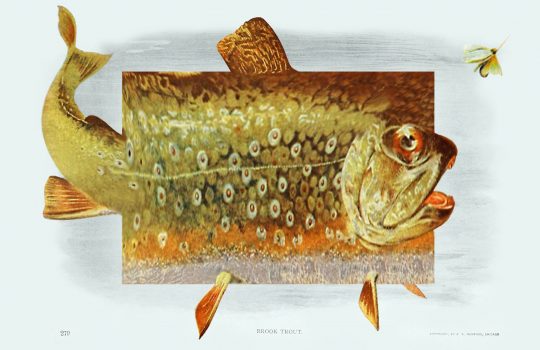Fermilab to host Family Open House on Feb. 9
From Kane County Chronicle, Feb. 4, 2020: This year’s events will feature The Great Neutrino Hunt, The Mr. Freeze Cryogenics Show, live physics demonstrations, a physics carnival developed and presented by high school students, and several activities for kids and their parents. The event also will feature tours of the Linear Accelerator Gallery and the Muon g-2 experiment and a driving tour of the site.



